Israeli government approves controversial ceasefire deal with Hamas
- Update Time : Sunday, January 19, 2025
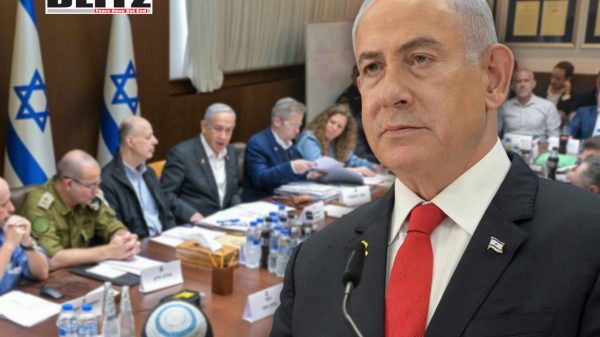
In a pivotal development, the Israeli government has approved a ceasefire agreement with Hamas, marking a potential end to a brutal 15-month conflict in Gaza. The ceasefire, set to take effect on Sunday, January 19, 2025, includes provisions for a hostage exchange and has been brokered through intensive mediation by Qatar, Egypt, and the United States. Prime Minister Benjamin Netanyahu’s office announced the decision following prolonged deliberations, but the deal has ignited fierce debates within Israel’s political landscape.
The ceasefire agreement, signed on January 15, outlines a three-phase process aimed at de-escalating hostilities and addressing humanitarian concerns. The conflict has left over 1,100 Israelis and an estimated 46,000 Palestinians dead, highlighting the urgent need for resolution.
The first phase, scheduled to begin immediately upon the ceasefire’s implementation, will last 42 days. During this period, Hamas has committed to releasing 33 hostages, including children, female soldiers, and individuals who are injured or seriously ill. In return, Israel will release an unspecified number of Palestinian prisoners, many of whom are serving lengthy sentences in Israeli jails. The subsequent phases of the agreement, though not detailed publicly, are expected to address long-term security arrangements and the rebuilding of Gaza’s infrastructure.
Prime Minister Netanyahu’s office issued a brief statement confirming the cabinet’s approval of the deal. “The Government has approved the framework for the return of the hostages. The framework for the hostages’ release will come into effect on Sunday, January 19, 2025. Shabbat Shalom,” the statement read.
The decision came after a recommendation from the smaller security cabinet, which held a lengthy deliberation spanning over seven hours late into the night of January 17 and early morning of January 18. Although the approval marks a potential breakthrough, it has also exposed significant divisions within Israel’s ruling coalition.
The agreement has sparked significant backlash from members of Netanyahu’s government, particularly from far-right factions. National Security Minister Itamar Ben-Gvir, leader of the Jewish Power party, has vocally opposed the deal, threatening to pull his faction out of the coalition. Ben-Gvir’s departure could destabilize Netanyahu’s government, which relies on the support of hardline parties to maintain its parliamentary majority.
Finance Minister Bezalel Smotrich, head of the Religious Zionism party, has also criticized the agreement, arguing that it compromises Israel’s security by releasing Palestinian prisoners. “This deal sets a dangerous precedent,” Smotrich warned, suggesting that the concessions could embolden Hamas and other militant groups.
Adding to the complexity, Israel’s Supreme Court is scheduled to hear appeals from families of victims and other groups opposing the release of Palestinian prisoners. While the court’s decision is unlikely to block the implementation of the ceasefire, it reflects the deep divisions within Israeli society over the government’s approach to resolving the conflict.
Public sentiment is similarly fractured. Many Israelis view the hostage exchange as a painful but necessary step to secure the release of their compatriots held by Hamas. Others, however, see it as a capitulation that undermines Israel’s deterrence and rewards terrorism.
“It’s a moral dilemma,” said Orit Levi, a resident of Tel Aviv whose cousin is among the hostages set to be released. “On the one hand, we want our loved ones back. On the other hand, we’re worried about the long-term consequences.”
The ceasefire agreement could have far-reaching implications for the region. For Hamas, the deal represents a significant political victory, allowing the group to claim it secured the release of Palestinian prisoners while highlighting its ability to negotiate directly with Israel.
For Israel, the agreement may offer a temporary respite from the devastating conflict in Gaza, but it also raises questions about the long-term strategy for dealing with Hamas. Critics argue that the deal does little to address the root causes of the conflict, including the dire humanitarian situation in Gaza and the lack of progress on a broader peace process.
The agreement underscores the critical role of international mediators in facilitating dialogue between the two sides. Qatar, Egypt, and the United States were instrumental in brokering the deal, leveraging their unique positions to bring both parties to the negotiating table.
US Secretary of State Antony Blinken welcomed the agreement, calling it “an important step toward de-escalation and stability.” Egyptian President Abdel Fattah el-Sisi and Qatari Emir Sheikh Tamim bin Hamad Al Thani also issued statements urging both sides to adhere to the terms of the ceasefire.
Despite the agreement’s potential to reduce violence, significant challenges remain. Hamas’s commitment to the ceasefire will likely be tested in the coming weeks, especially as hardline elements within the group may seek to undermine the deal. Similarly, Israel’s internal political divisions could complicate the implementation of the agreement, particularly if key members of Netanyahu’s coalition withdraw their support.
The humanitarian crisis in Gaza, exacerbated by years of blockade and recurring violence, adds another layer of complexity. Rebuilding the territory will require substantial international aid and cooperation, as well as assurances that resources will not be diverted for military purposes.
The Israeli government’s approval of the ceasefire deal with Hamas represents a significant, albeit controversial, step toward ending a devastating conflict. While the agreement’s immediate focus is on the release of hostages and prisoners, its long-term success will depend on the willingness of both sides to address deeper issues and work toward a sustainable peace. As the ceasefire comes into effect, the eyes of the world will be on Israel and Gaza, hopeful for a reprieve from the cycle of violence but mindful of the immense challenges that lie ahead.





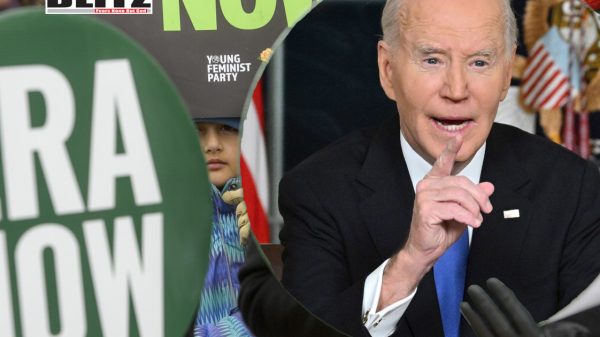


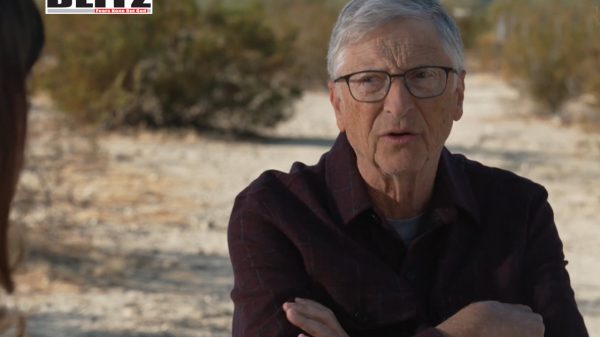
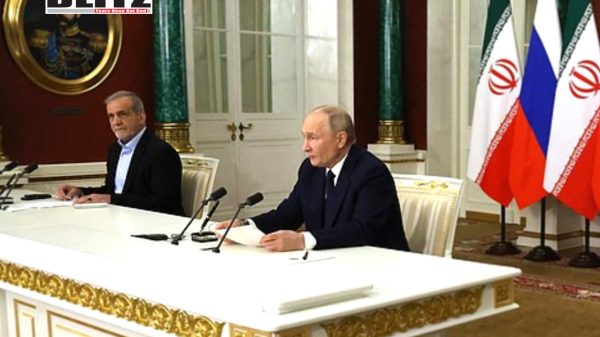
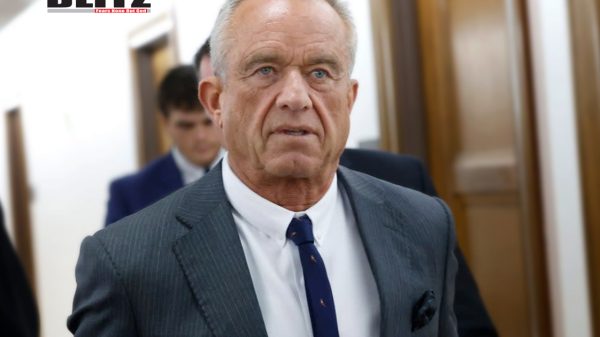
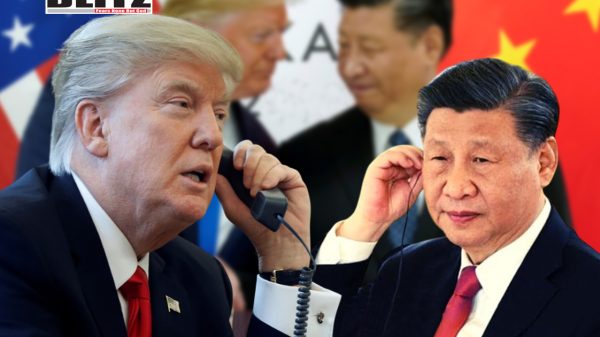
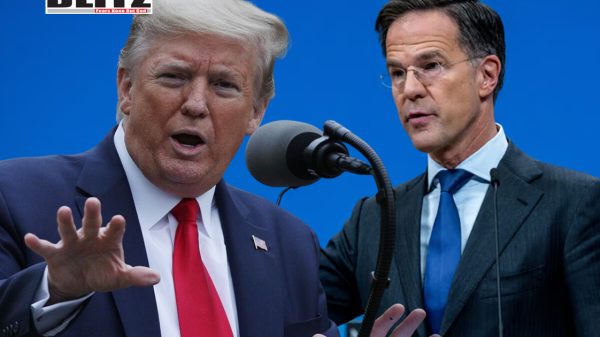

Leave a Reply